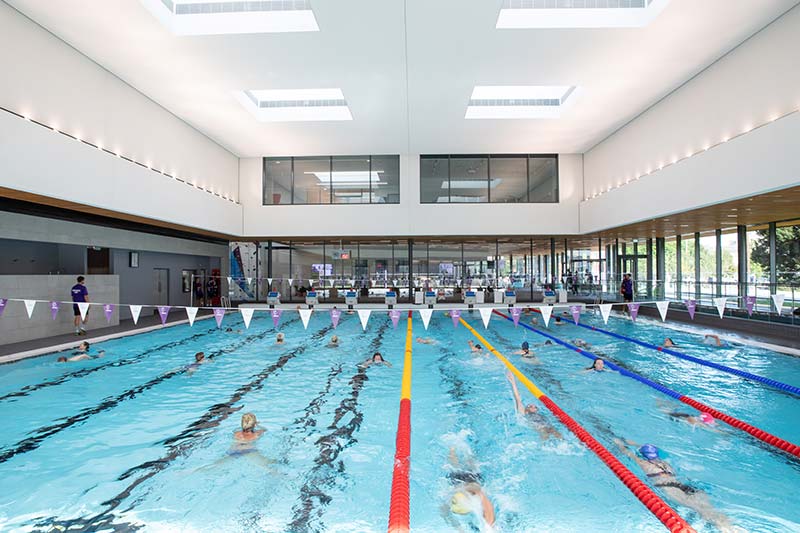Overview
Are you interested in studying the processes of how life on Earth began, evolved and diversified? Do you enjoy getting your hands dirty as well as spending time in the lab?
Get ready to dig up the past on our BSc (Hons) Palaeontology degree course, which is accredited by The Geological Society of London.
Course Highlights
- Reveal the secrets of ancient life in our petrology and palaeontology laboratories, stocked with rock, mineral and fossil specimens
- Work alongside our active academic research team on the latest palaeontological theories and models, as they integrate new ideas and data into teaching
- Unearth your own discoveries on field trips in locations such as the Isle of Wight, Jurassic Coast World Heritage Site locations Lulworth Cove and Lyme Regis, and other famous fossil localities
Careers and opportunities
Palaeontology is the study of ancient life, from the earliest algae to the biggest dinosaurs and our first human ancestors. It seeks to uncover the ways in which life on Earth evolved through the ages, and in turn, how this can help us better understand the natural world today.
Studying fossilised lifeforms can reveal facts about biology, ecology and evolution vital to many modern environmental issues, including climate change.
On this BSc (Hons) Palaeontology degree, you gain the knowledge and expertise to become a skilled palaeontologist, without any previous experience in palaeontology or geology.
When you graduate, you’ll have a strong set of transferable skills suitable for a range of scientific roles, in areas such as energy resources and exploration, environmental consultancy, teaching and museum curation.
You could also continue your studies with our research master's programme in Palaeontology, which would enable you to spend a year working on a dedicated project in an paleontological area that interests you. Many of our MRes students publish papers in scientific journals by the time they complete the programme.
Previous students have gone on to work and study in areas such as:
- energy resources and exploration
- environmental consultancy
- museum curation
- teaching
- academic research
They've gone on to work in the following roles:
- researcher of vertebrate palaeontology
- geographic information systems (GIS) editor
- science teacher
Ongoing career support – up to 5 years after you graduate
Get experience while you study, with support to find part-time jobs, volunteering opportunities, and work experience.
Towards the end of your degree and for up to five years after graduation, you’ll receive one-to-one support from our Graduate Recruitment Consultancy to help you find your perfect role.














